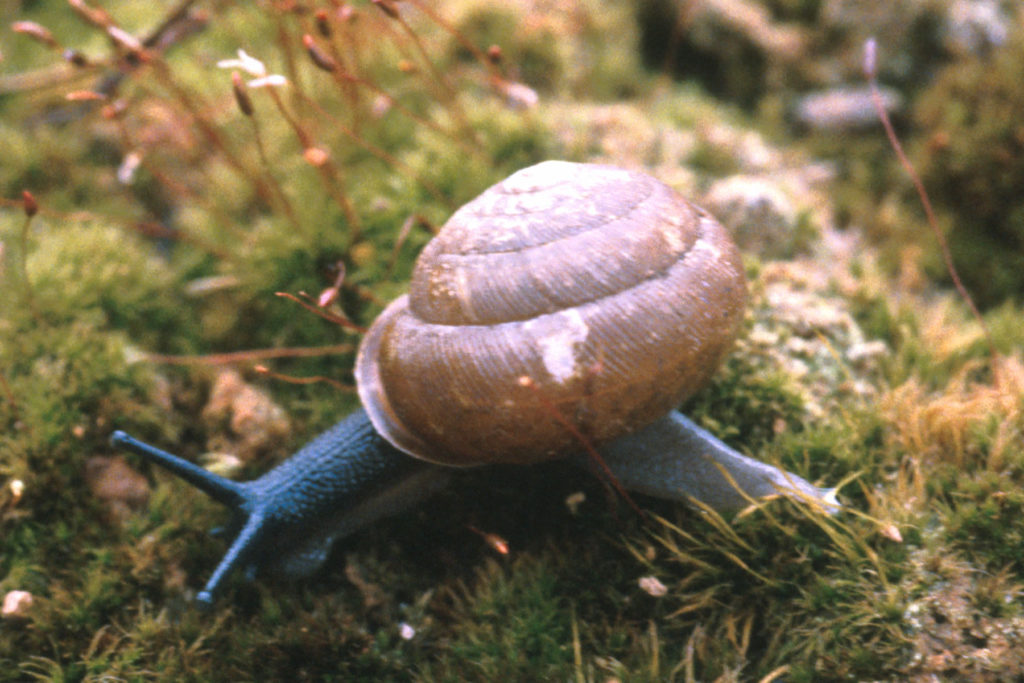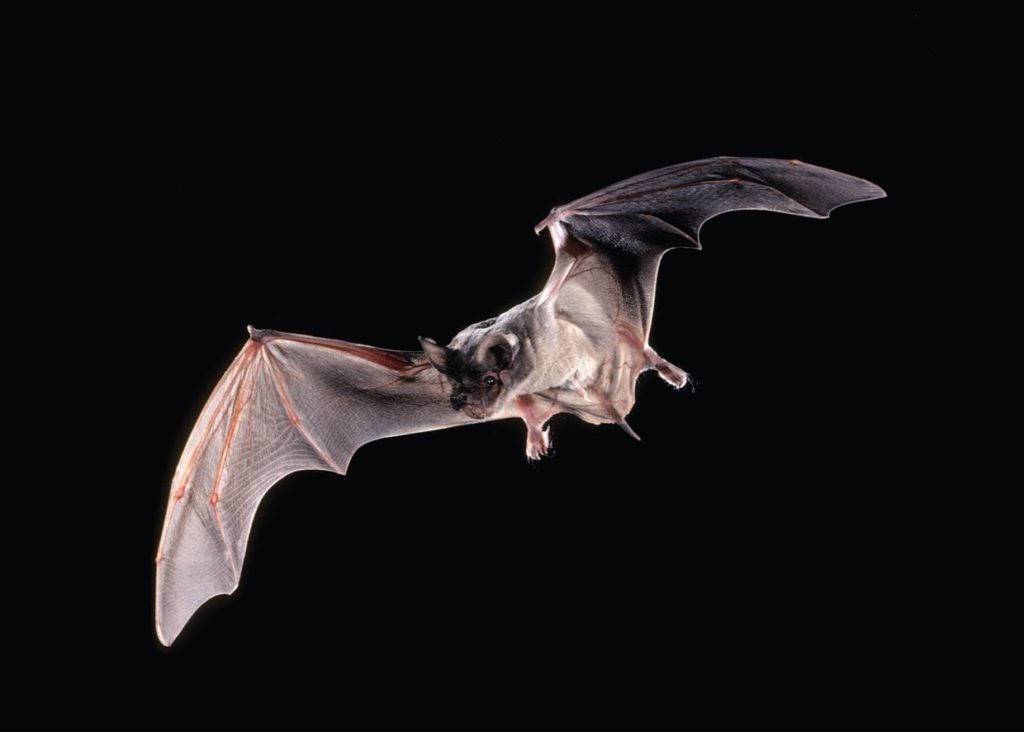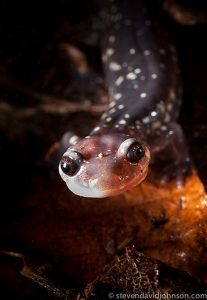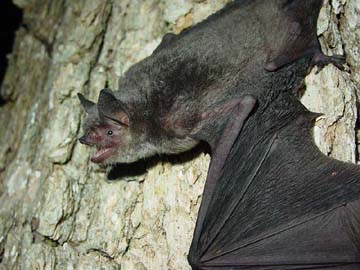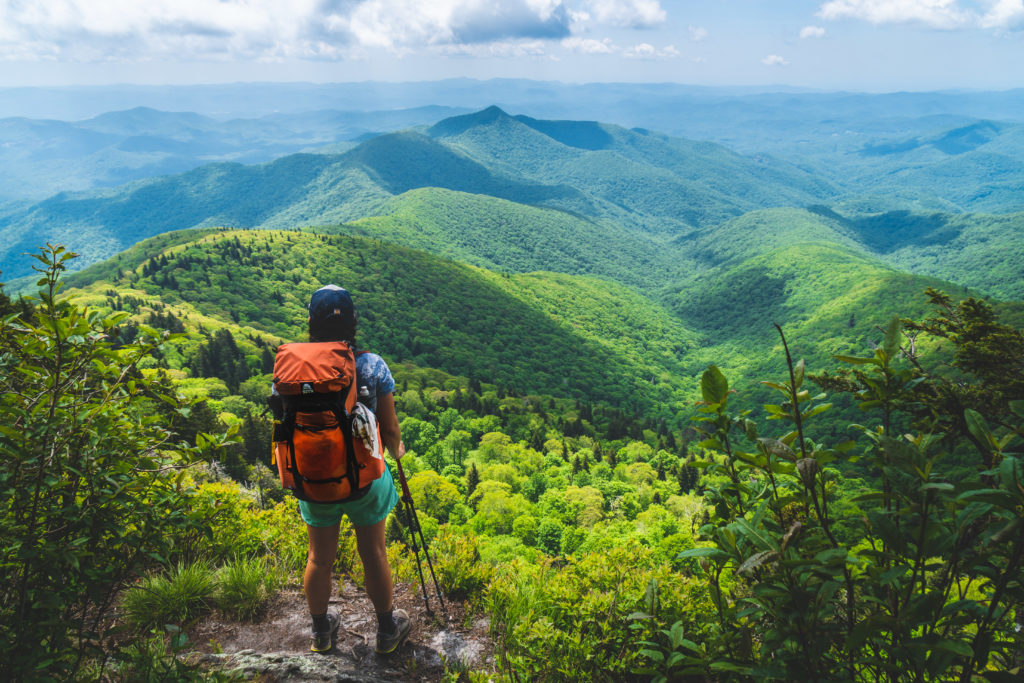News
An Endangered Species in the Pisgah-Nantahala That You’ve Probably Never Heard Of
You may think there’s not much mystery to a snail, but the Noonday Globe is one of the rarest and least studied creatures in the Pisgah-Nantahala region. Known by its scientific name, Petera clarki nantahala, this little snail was believed to only live in a two mile stretch of land in the southern part of…
Read MoreSend Valentines for the Forest at Second Gear
Throughout February, we will be sending Valentine cards to the Forest Service showing our love for the Pisgah-Nantahala National Forest. Stop by Second Gear in West Asheville any time this month to send a Valentine, grab free I HEART PISGAH stickers, and support our work. On February 24 from 11-2, I HEART PISGAH will also…
Read MoreRecover Brands Launches I HEART PISGAH Shirt Collection
Recover Brands is a proud member of the I HEART PISGAH coalition, and they have just launched a special I HEART PISGAH t-shirt collection to support our efforts. You can buy t-shirts directly from Recover Brands here. These shirts are made from 100% recycled materials and are available in three different color options. All are sustainable,…
Read MoreNew Story about Pisgah-Nantahala Forest Plan
The Laurel of Asheville published this story about the Pisgah-Nantahala Forest Plan in their most recent issue. The story features I HEART PISGAH and the U.S. Forest Service planning team leader discussing the priorities of the upcoming Forest Plan. A draft of the plan is expected to be released this spring. Thanks to Emma Castleberry…
Read MoreNo Pipelines in Pisgah
Just north in Virginia, pipelines are plowing through Jefferson National Forest. Corridors dozens of miles long are being clearcut for pipelines. Could pipelines be routed through the Pisgah-Nantahala in the coming years? No pipeline restrictions currently exist in the forest plan. “We are seeing the damage and destruction caused by pipelines in the Jefferson National Forest,” says Hannah…
Read MoreBats Aren’t Scary. We Are.
Bats are often associated with blood-sucking vampires and Halloween horror, but they aren’t the scary creatures they’ve been made out to be. They’re actually some of the most amazing creatures on the planet—and also some of the most endangered. Here are a few things you may not know about bats: 1. Bats don’t want to…
Read MoreSpeak Up for Salamanders
Southern Appalachia is the salamander capital of the world, with more species and families of salamanders than anywhere else on the planet. They also provide essential services for us and our planet. Salamanders eat mostly invertebrates like flies and beetles, which survive on leaves, and the more leaves left unconsumed means less carbon released into…
Read MoreGoing to bat for bats
There are four main endangered species of bats in the Pisgah-Nantahala National Forest. They all depend on the caves and protected areas of the national forest for their survival. One of them, the gray myotis, is rarely spotted. These cave dwellers have always been hard to please, but with more recent human development, they have…
Read MoreOver 92 percent want more protections for Pisgah
The Forest Service is completing a long-term plan that will decide how much of the Pisgah-Nantahala National Forest is cut and how much is protected over the next three decades. Over 22,000 public comments on the plan have flooded the Forest Service, and over 92 percent of the comments support more protected areas. The deluge…
Read MoreForest Service postpones plan release, citing deluge of public comments
Over 22,000 public comments on the Pisgah-Nantahala Forest Plan have flooded the Forest Service. Over 92 percent of the comments support more protected areas. The 1.1-million-acre Pisgah-Nantahala National Forest is the second-most-popular national forest in the country, so it’s not entirely surprising that it has elicited so much public feedback. As a result, the Forest…
Read More
